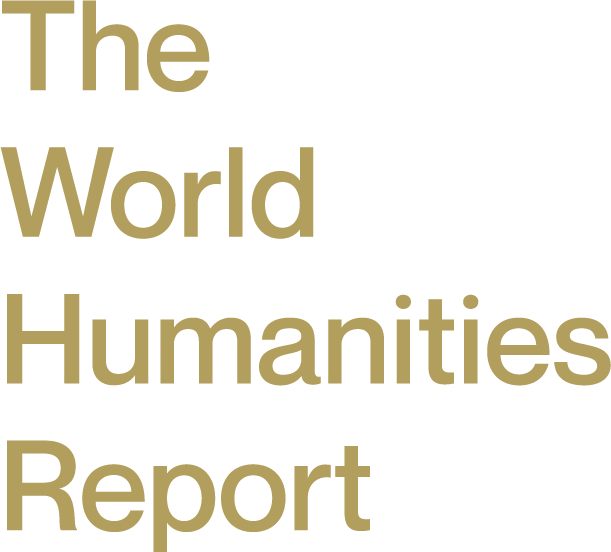With the help of thirteen critical essays and twelve short video conversations, this report depicts the humanities’ active presence in plural locations, diverse forms, and multiple tongues in the region. The report is by no means exhaustive. Its central objective is gestural, which points out how the humanities have enabled critical interrogation of social practices in India and South Asia. They exist in universities, inside classrooms and in society at large, in social movements and collective solidarities. They also survive in the interstices of academic disciplines and collaborative conversation. These activities continue despite deficits in public policies and institutional commitments, a dearth of economic resources and social status required to foster the humanities in the region.
The report offers a provocation to the usual understanding of the humanities’ development and progress in the region. At the heart of the report resides an overarching question: How have the humanities helped researchers, activists, thinkers, and interrogators understand the contradictions, conundrums, and possibilities of our contemporary time? It is clear from the essays that the humanities in the region remain entangled with multiple methodologies, pedagogies, varied forms of expression and communication. Although the focus is on the “contemporary,” the report makes us aware of the humanities’ movement within a long tunnel of time.
The free-flowing but focused video conversations dovetail nicely with the essays. The speakers, like the writers of the essays, are drawn from a diverse community of practices. They tell us how much work is to be done to make the humanities robust in this part of the world.
The uncertainty and lingering impact of the COVID-19 pandemic, the deepening environmental challenges, the escalating inequality, and the growing presence of the “digital” pose vital questions before the humanities today. In their varied dimensions, the humanities can summon the creative energy required to critically engage with myriad modes of thinking and action in our beleaguered world.
Finally, the report prepares us to forge powerful arguments to defend the humanities in the region. They cannot be protected merely by repeating the ideas available globally to us. There is also a need to defend the humanities from below. The defense of the humanities must take into account the specificities of their history, their contemporary locations, and the larger politico-cultural milieu in which they operate. It is clear that without understanding how the humanities work in the region, no policy to improve their standing will be effective. What gives us hope is not that there is a ready-made solution to strengthen the humanistic practices in the region but their dispersed locations and their varied use by individuals, groups, institutions, and movements. And given half a chance, they are ready to cross boundaries, depict new horizons, and imagine novel futures.
Professor Bishnu N Mohapatra
Anchor, WHR, India/South Asia
Team
Essays
The Multiple Habitations of the Humanities in South Asia
Staying Relevant, Staying Committed: Publishing Margins in India
Beyond Aesthetic Education: The Malayali Engagement with the Humanities
Unpacking Patriarchies: Feminism and the Humanities in India
From Theology to the Arts: Dalit Resistance Culture in Tamil Nadu
Understanding the Muslim Predicament in Contemporary Sri Lanka: Contribution of the Social Sciences and Humanities
From the “Indian Women’s Movement” to “Intersectional Feminists”: Humanities Categories in Indian Feminism
The Humanities in Pakistan (1990–2020)
Humanities Practices and Voices at the Margins: National Consciousness and the Crisis of Belonging in Indian Anglophone Muslim Novels
Dalit Ideas: The Politics of Knowledge in North India
Performers Meet the Humanities: Underground Activists Shaping the Overground Humanities in India
The Ecohumanities in India, 1980–2020
Critical Thought in the Time of Digital Technology: The Case of Feminist and Anticaste Activism on Social Media
Case Studies
A R Venkatachalapathy
In this video interview, AR Venkatachalapathy describes how he sees the fundamental task of the humanities in India. Their primary task is to comprehend the social world’s ongoing transformations fully. For example, rapid urbanization and mobility, Chalapathy argues, have radically altered the social context in which we operate today in India, and it is essential that we fully understand the constellation of forces responsible for these changes. According to him, studying humanities as critical practices can help us with theoretical frameworks to interrogate the social realities on the ground. These practices will also enable us to reaffirm the role of Indian languages as a mode of thinking disrupted due to the long experience of colonialism in India.
Ashis Nandy
As a body of disciplines, Ashis Nandy asserts, humanities have autonomy, which allows them to survive even in the era of institutional crisis. This survival will not only let the humanities produce works independent of universities and other institutions but also successfully defy disciplinary socialization, allowing for a flourishing in the domain of political and social ethics. One of the contemporary challenges to humanities in India is the obsession with disciplinary boundaries, which obstruct the flow of creativity within oneself and the reflection of the creativity in their respective works. The diminishment of freedom and the control of the academic disciplines within the era of populist democracy continue to pose challenges for strengthening the humanities in India.
Baidik Bhattacharya and Prathama Banerjee
In their conversation, Baidik and Prathama delve into the evolution of the humanities in Indian academia and how they were practiced over a long period since the middle of the nineteenth century, when the British colonial state established modern universities. They speak of humanity’s contemporary nature and the challenges they face inside and outside the academia. Finally, both outline how the humanities can be strengthened in India.
Bishnu Mohapatra
Bishnu Mohapatra introduces the WHR and provides an overview of the work to be accomplished under it. He outlines the larger landscape of the humanities practices in the region and points out why the proposed report focuses on the humanities’ enabling dimensions in India. The report focuses on the contemporary period and draws upon the work in the overlapping world of academia and civic spaces. He also mentions the challenging circumstances of producing a report during the COVID-19 pandemic.
Dev Pathak
Dev Pathak situates his reflections on the humanities in the context of South Asia, a region shaped by deep human connections across nation-states, the flow of ideas and the free wanderings of people in history. The humanities are indispensable for any proper understanding of society. The empirical and literary must go hand in hand. However, the narrow ideas of “specialization” prevent a fruitful interaction between the social sciences and the humanities. The thought that the natural sciences, the social sciences, and the humanities exist in a fixed hierarchy, Dev Pathak argues, has been damaging to all the branches of knowledge in the region. The ideas of “specialization” and hierarchical ordering of knowledge are deeply entrenched in the region’s universities today. It is, therefore, necessary to transform the idea of the university itself to foster the humanities in South Asia.
Franson Manjali
Humanities, Franson Manjali states, has a historicity that originates from the European Enlightenment but remains loosely defined. In India the humanities are relatively weak, whereas social science predominates the knowledge space in the universities. As a linguist, Manjali mentions that language is a living entity symbolic of human reality, which must be continuously transformed. Here lies the core of the humanities: it must be constantly transformed. Literature plays a significant role in transforming our world. For Manjali, as a professor in humanities, the challenge lies in questioning as language is considered fixed in mainstream parlance. So, to change human reality, the need was to explicate the hidden language of the marginalized or discriminated, such as Dalits and women. However, humanities stay in the purview of the English language, so the way forward is humanities-oriented questioning and rethinking of the Indian languages.
Mahesh Rangarajan
The meddling of humanistic disciplines, such as economics, with nature, Mahesh Rangarajan argues, brought the environment into an interface with social and economic crises in the 1960s and 1970s. A significant dimension of the crisis was the emphasis on the human environment, centering issues of access and dignity, which witnessed an attack with the onset of modern development. Thus, for Rangarajan, the issue of environmental justice became prominent, creating an overlap between social sciences, humanities, and research organizations in their engagement with lived realities in the 1980s. This brought to the fore the fundamental issue of restoring harmony among economic growth, development, nature and humans, leading one to rethink the concept of economic growth and development and the approaches to them. The enormous challenge for humanistic sciences is to create a just society with ethical means through social movements and transformations by researching languages as living entities and life in the broader sense, for example, forms of production as lived material reality.
Manidipa Sen
Literature, language, and philosophy, Manidipa Sen states, are a few humanistic disciplines that have been sidelined in comparison to the social sciences and natural sciences, as they had an immediate bearing on deciphering and understanding Indian realities after independence. The humanities, owing to their methodologies, which are nonempirical and speculative in nature, could not firmly situate themselves in Indian higher education, where there appears to be a need for scientific inquiry into understanding the social realities of the newly independent nation-state. Despite these structural limitations, Manidipa argues that the contributions of the humanities have been significant. Indian philosophers’ works have revived interest in epistemology, ethics, consciousness, freedom and the nature of the self, logic, language, and interpretation, and have helped to reorient the understanding of contemporary Indian reality. The way forward for humanities is to look at the existing conceptual framework critically and imaginatively.
Partha Chatterjee
Partha Chatterjee provides a brief historical account of the evolution of the academic humanities in colonial India. According to him, it had two novel aspects: first, it came earlier into India’s university education compared to the natural sciences; second, the modern humanities, as a study of modern, not classical literature, were introduced in the Indian universities during the colonial period. The humanities education right at the beginning was done in English. However, a significant number of reflections on literature, culture, and history were done in the Indian languages undertaken by nonexperts. These two strands of doing the humanities persist into our time. Partha suggests that the expansion of digital technology can take the humanities research to new groups of scholars in India, including those with little access to the old archives and libraries. He also argues that more significant traffic between the research done in the English language and the scholarship done in the Indian languages can strengthen the humanities in India.
T M Krishna
Humanities for TM Krishna entail understanding the world of people, whereas the natural sciences focus on understanding nature; comparing the two entails an ethical dilemma as to which discipline is better. In this conundrum, how does one situate music and of what kind? Art has been the medium of expression for the marginalized in the social and political sphere, as these are direct traditions of expression. TM Krishna’s interaction with humanities happened through the route of musicology, critically questioning the privileged landscape of music. Humanities helped to reconceptualize his musical practice through the change in the conceptual knowledge of music. Humanities in India face the challenge of market-driven forces as they essentially do not lend themselves to commodification.
Uma Chakravarti
Interdisciplinarity, Uma Chakravarti asserts, is a profound feminist intervention that sought to break academic disciplinary boundaries, devising myriad ways to understand society, particularly the groups at the margins. Thus, decentering knowledge and practice in the humanities also encompasses social sciences, as, eventually, the focus is on humans. In academia, there has been a disconnect between knowledge found in books and on the ground, limiting our understanding of ideas, transformations, and issues. Hierarchies and categorization of academic disciplines in universities obstruct the multiple ways to investigate human existence and the issues around it. Without discounting the core of each discipline, a multidisciplinary framework can dilute the divisions of disciplines in universities and pave the way for a better understanding of Indian realities.
Urvashi Butalia
Urvashi Butalia looks at the humanities from a feminist lens. She argues that feminism, through the prism of subjectivity and experience in public and private, has disrupted the binary to understand social relations. Women’s studies—an academic program housed for decades in many Indian universities supported by national funding—introduced oral history to study complex gender roles in Indian society. Oral history lay at the intersection of the humanities and the feminist movement, incorporating their analysis and research methods. Similarly, violence against women gained a broader meaning and attention and brought varied forms and spaces of everyday violence to the fore. Knowledge systems emerging from the ground hardly find expression in mainstream academia. Eventually, democratization and deepening of knowledge happened due to a strong culture of social movements embedded in the essence of feminist publishing and the humanities. Urvashi points out how feminist publishing helped the humanities’ engagement with the gendered nature of Indian society.



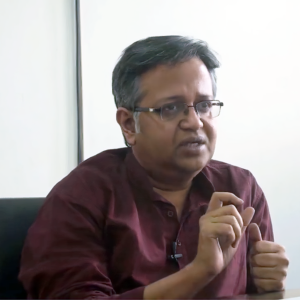
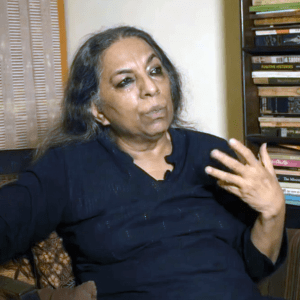
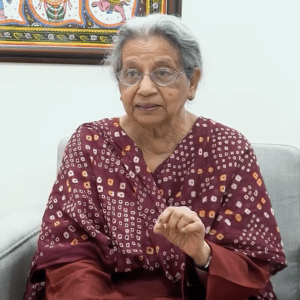
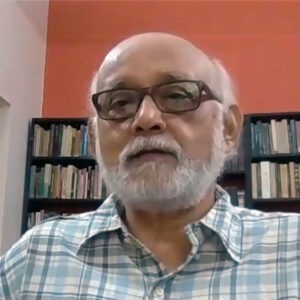






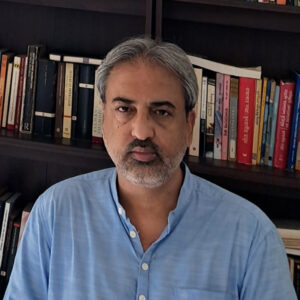
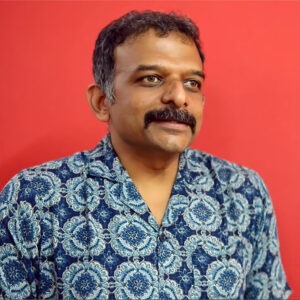
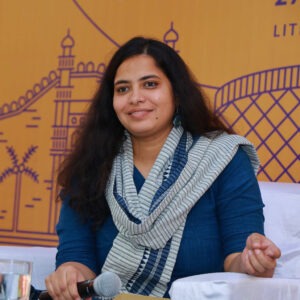
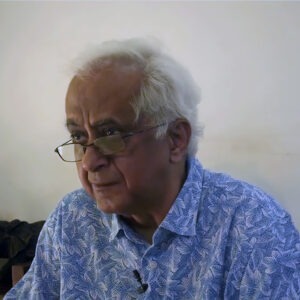
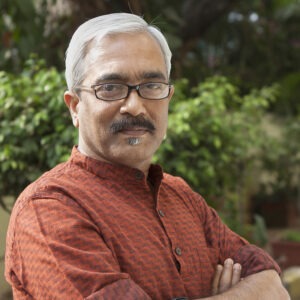
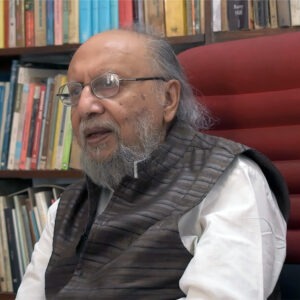
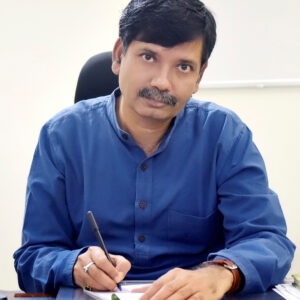
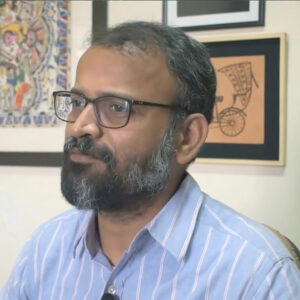
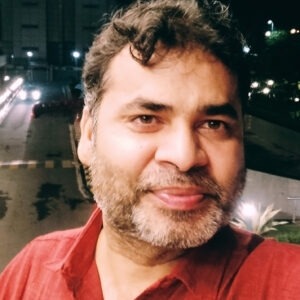
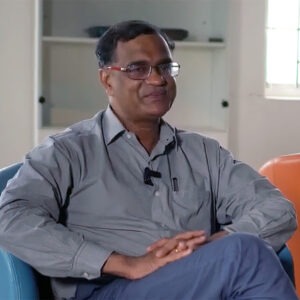
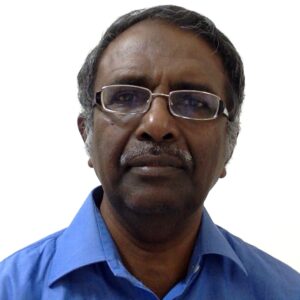
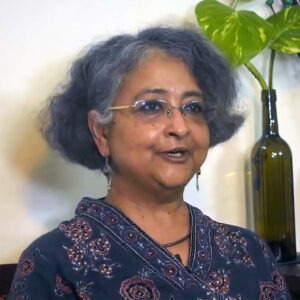
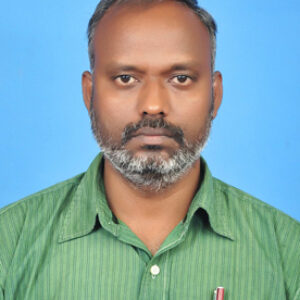


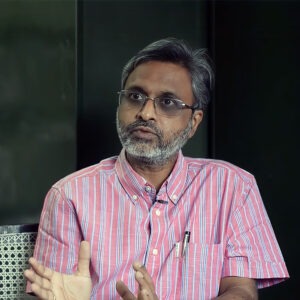
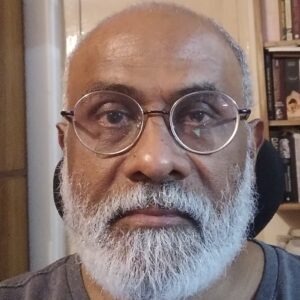
 View PDF
View PDF